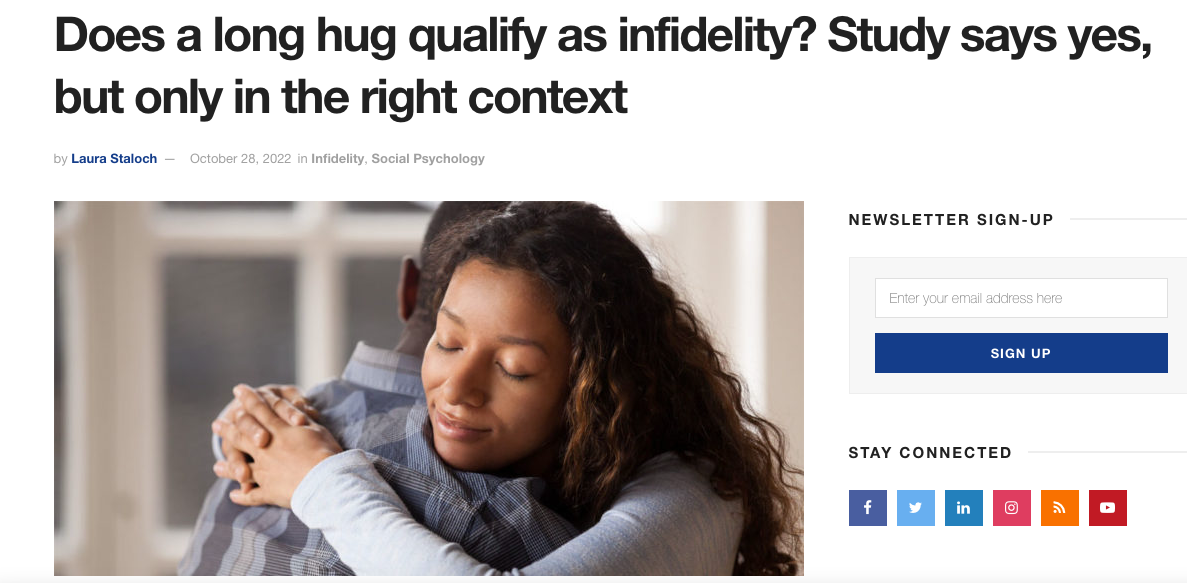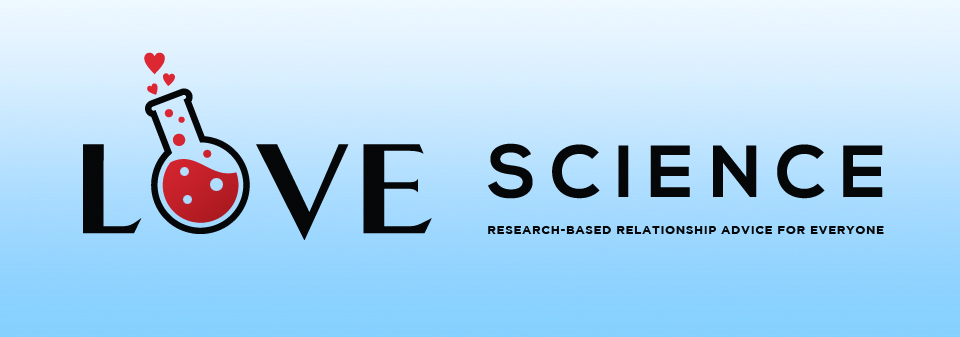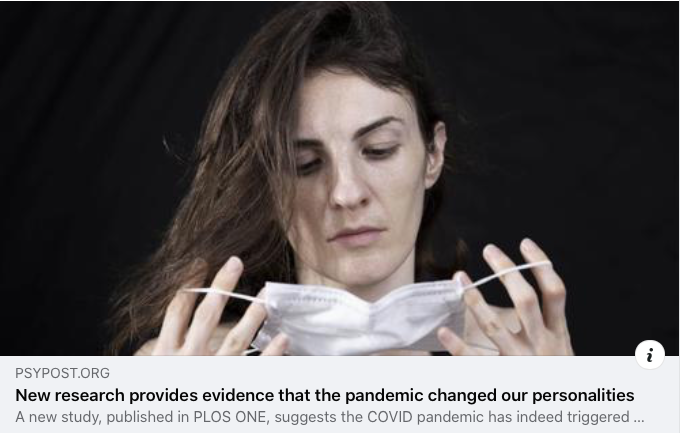Wise Readers,
Are you racist—or unconsciously biased in that direction? Much to my horror, I am—against my will, against my conscious choosing, and against my values.
That’s not my best guess; there’s proof. Here’s a test I took in front of my college students that showed, every single semester for years, that while I want to be non-racist, and I consciously hope I am egalitarian…bias against blackness and in favor of whiteness was and is nonetheless deeply rooted in me. I have failed every version of the test across the years, including five minutes ago. (If you are curious about your own results, you can take the test here:
https://implicit.harvard.edu/implicit/user/agg/blindspot/indexrk.htm)
In all my years as a professor presenting this test to my students, nearly everyone favored whiteness and disfavored blackness. In fact, only one person ever ‘passed’ the test, bias-free. One. I still remember her name, over a decade later.
Notice that racism can be many things: it can be overt hatred, yes. It can also be systems that routinely favor whiteness. It can be discomfort that shows itself in avoidance of people who look different than oneself. And it can be implicit, unconscious, and unchosen bias against dark skin.
And racial bias matters; bias kills; it ruins lives; it calls the police on black men who are simply bird-watching and asking us to leash our dogs. George Floyd, Breonna Taylor, Ahmaud Arbery, David McAtee—casually asphyxiated, shot eight times while sleeping, hunted down while jogging, gunned down while protesting—all were murdered by those sworn to protect and serve, and while doing things for which white people are routinely ignored.
Overt hatred doubtless played a major role in most and maybe all of those murders. Science is my thing, though—and as yet other experiments have shown, unexamined bias likely did its worst too.
I’m not suggesting that most of us would kill another person wantonly or willfully—regardless of race. But the past few weeks have shown us that as a nation, race not only has mattered, it still does. As individuals and as a country, we’re far from the path of love most of us want to be on, particularly when it comes to people of color.
And that’s why I’m writing about it now: my work is about love. And for our own happiness as well as that of others, we need to be about love. Not just romantic love. Love. Racism and its manifestations are not the path of love; they’re the bias of hate.
My work is also about science, and there’s so much science that proves that racism is a continuum—a scale that all of us, including myself, are on. Any social psychology textbook presents dozens or even hundreds of studies proving this; experiments where students in computer simulations accidentally shoot innocent black people far more frequently than they shoot innocent whites; a survey from the past four years where US medical doctors believe black people feel less pain than white people do. And look at real life: innocent blacks really are shot much oftener than innocent whites; as a whole, doctors really do pay more attention to white pain than to pain in people of color, and as a result blacks have worse healthcare outcomes than whites. In the words of psychiatrist Thomas Szasz, “Ideas have consequences.” Biases and beliefs do, too.
You may have guessed the bad news by now, based on my test results alone: it’s not possible for most of us to become non-biased when it comes to race. Racism as a system, and as individual bias and belief, is in the water we drink and the air we breathe. It’s in our history, which affects our present and by extrapolation our future. It’s bigger than any one of us.
But we can move toward becoming anti-racist. And maybe you, like me, have decided it’s a goal you want to take part in. Maybe some of you, like me, want kindness, respect, and equality to extend to all people, yet until recently, you’ve waited for things to get better on their own. Maybe like me, you didn’t think you were actively part of this problem, so there was little need for self-examination and change.
I can’t tell you how to do that. I can show you to the people who can, though—people of color and those who have already listened deeply to people of color, educators who show the way. Here’s a list to get you started, from Ibram X. Kendi and the New York Times. I also personally recommend Mr. Kendi’s book How To Be An Antiracist; White Fragility, by Robin DiAngelo; and Me and White Supremacy, by Layla F. Saad and Robin DiAngelo.
You’ve stuck with me through 11 years now of LoveScience, and you know my most frequent saying well: Science proves that if you can find and be someone kind and respectful, your love life will probably go well; and if you can’t, it won’t.
When it comes to racial equality, we are far, very far, from the kindness and respect that we know from science, with absolute certainty, is required for a life—not just a love life, but all of life— that brims with love, satisfaction, meaning, and happiness.
The life I want for you. The life I hope you want for yourself and for all others.
None of us is perfect when it comes to loving others, but all of us can do better. And we must.
Sincerely,
Duana



 Share Article
Share Article 
